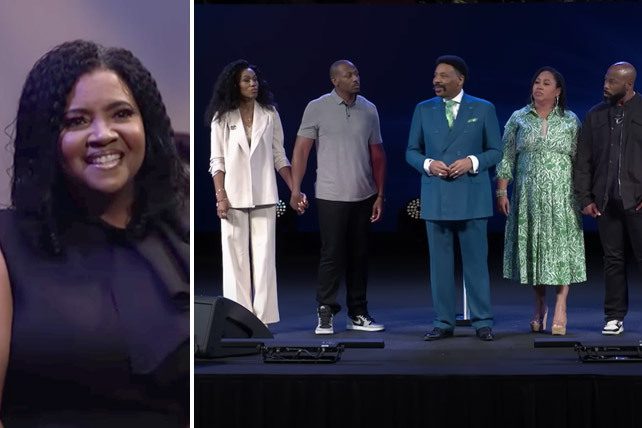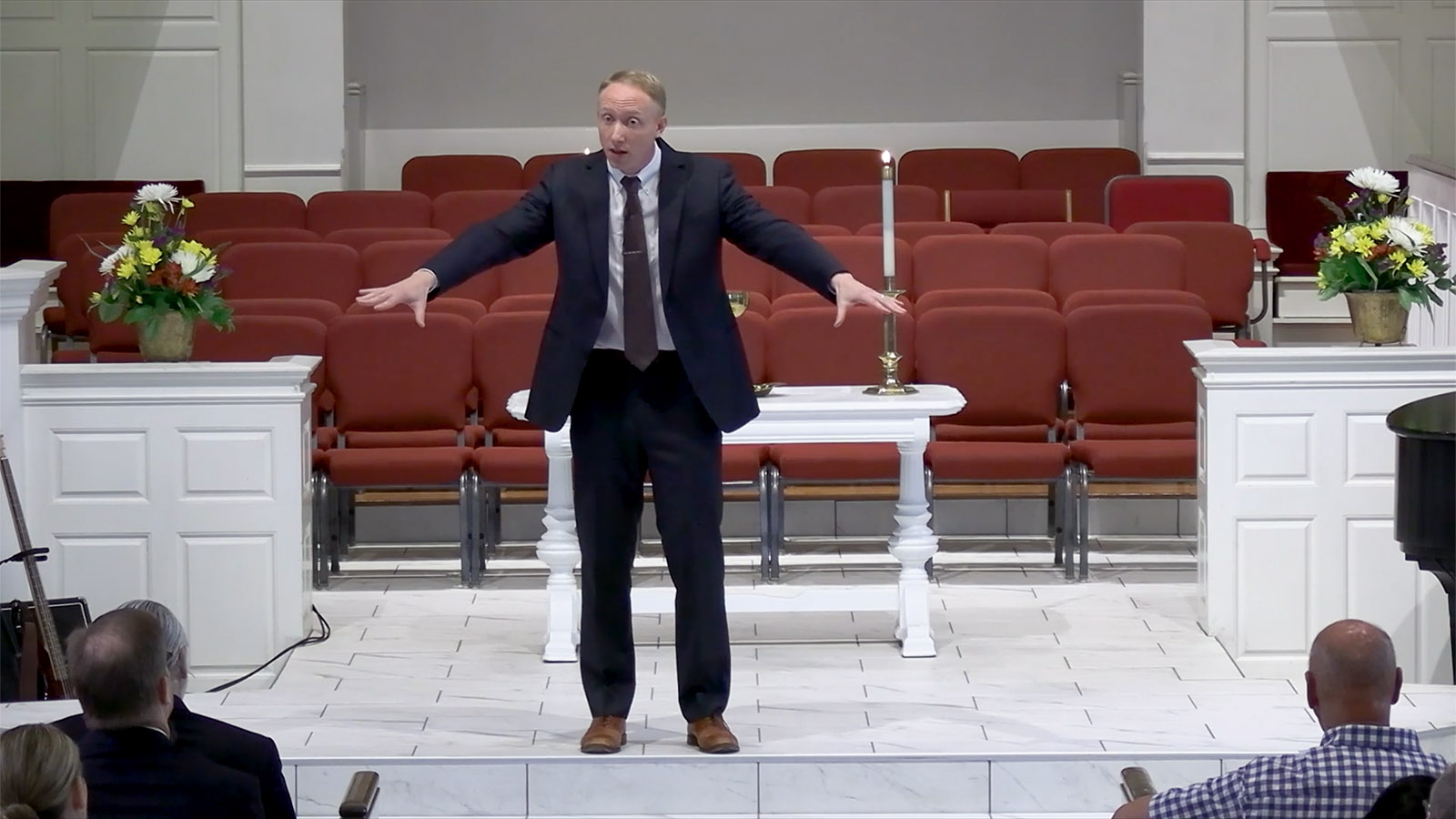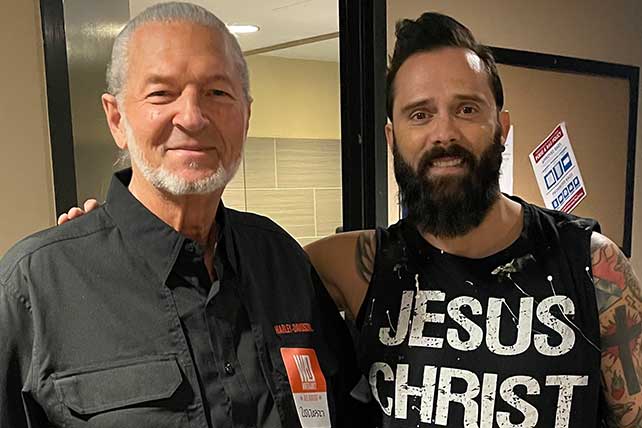“If anyone would come after me, let him deny himself and take up his cross daily and follow me. For whoever would save his life will lose it, but whoever loses his life for my sake will save it. For what does it profit a man if he gains the whole world and loses or forfeits himself?” – Jesus Christ, Luke 9:23-25 (ESV)
It is one of the foundational paradoxes of grace. You cannot understand God’s work of redemption if you don’t pursue this theological paradox: Death leads to life.
How would you define “the good life”? What do you feel you can’t live without? What has the ability to make or break your day?
What do others have that causes you to envy? If you could acquire just one thing, what would it be? What does your use of money tell you about what’s important to you?
What would the video of your last six weeks reveal about what has you in its hold?
Is there a place where you’re asking the creation to do what only the Creator can?
Because creation is so obvious—you can see it, taste it, feel it, and smell it—it’s tempting to look to it to deliver “the good life.”
But creation was made to point us to the Creator, who alone has the power to satisfy our longing hearts. He is the bread that will satisfy our hunger. He is the living water that makes us thirst no longer.
Looking to creation to do what it was not meant to do will not only disappoint us, it will enslave us. Idols never just disappoint us, they addict us as well.
Because the buzz of joy that creation gives us is so short, we have to go back again and again, and soon we’re convinced we cannot live without the next hit. What we tightly hold onto takes hold of us, now commanding of us what only God should ever control: our hearts.
And what holds our hearts will dictate our words and behavior.
During this Lenten season, we are called to remember that sin reduces us all to idolaters of creation somehow. Lent gives us a time in the calendar year to pause and reflect on created things that have taken too strong a hold on us, things that we have come to crave too intensely and love too dearly.
If someone doesn’t rescue us from our idolatrous and worldly pursuit of “the good life,” we will lose our lives. We must die if we are ever going to live.
Death leads to life. Coming to Jesus is not a negotiation, an agreement, or a contract. Coming to Jesus is a death—your death.
Christ died so that you may live. Now he asks you to lose your life so that you may find life in him—real, abundant, and eternal life.
Don’t fight the death of your old life; instead, celebrate the new life that is yours by grace and grace alone. And remember that your Savior will continue to call you to die; it is the way of life.
REFLECTION QUESTIONS
1. What has the power to make you very sad?
2. What can produce almost instant happiness?
3. What physical idols tempt you most?
4. What relational idols attract you the most?
5. Review your answers to the questions throughout this devotional again. What might you need to give up, for this season of Lent or more permanently, to root the idols out of your heart?
This content was originally posted by Paul Tripp on www.paultripp.com.







 What drives you?
What drives you?

















